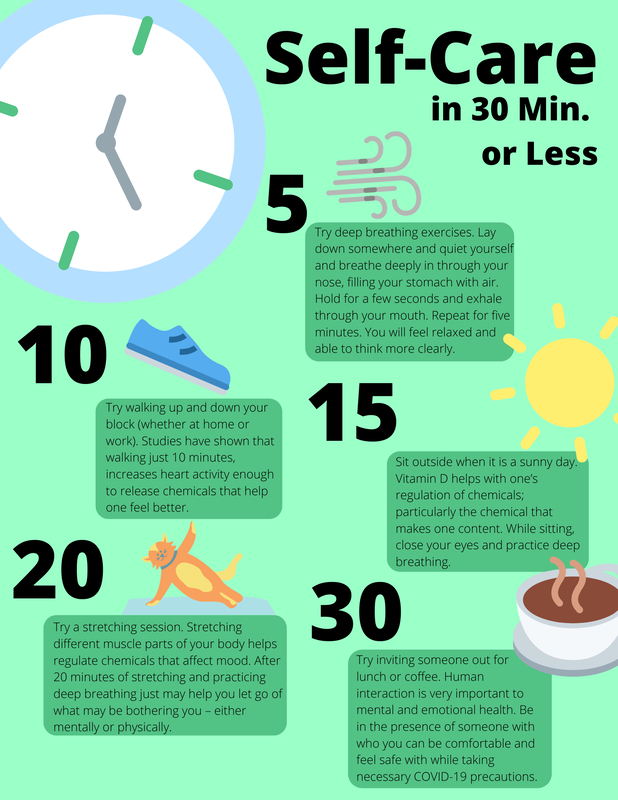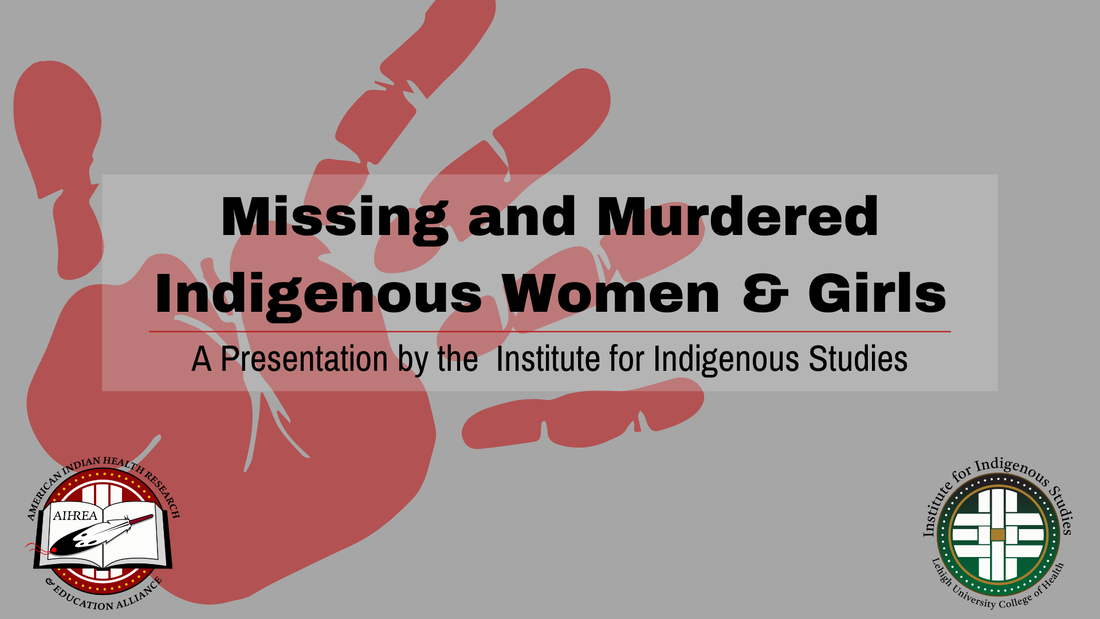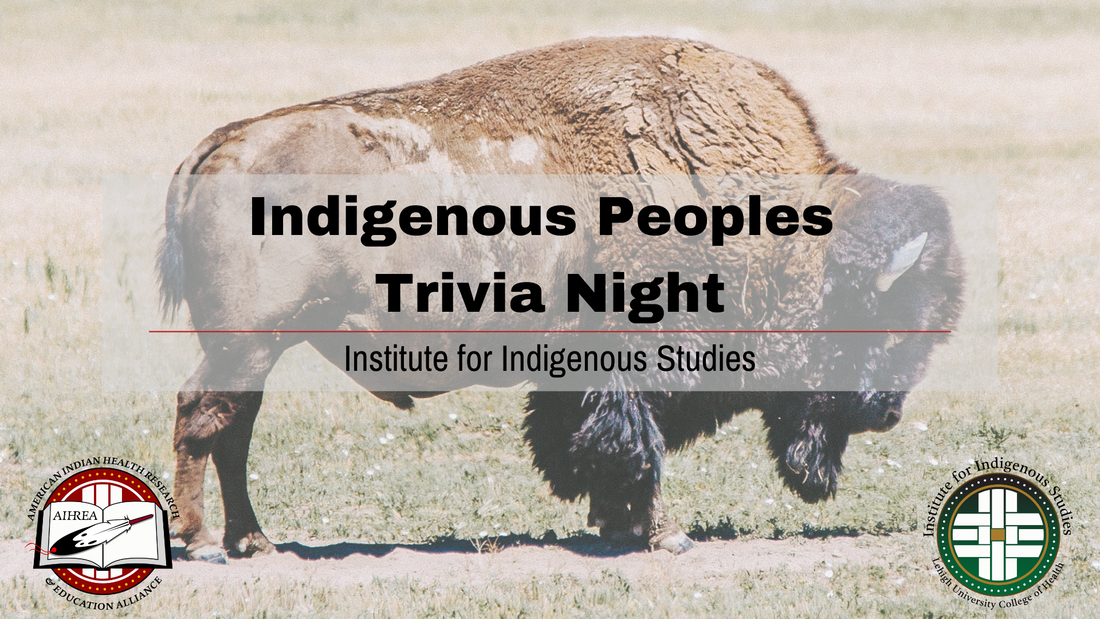|
This summer has seen a return of powwows and community events to American Indian tribal communities across the country. Though the gradual return to annual powwows and other cultural and community events are now proceeding with greater precaution with the increase in COVID-19 variant cases and new recommendations from the CDC, many powwow celebrations will continue to move forward with their outdoor events. Some tribal nations and powwow committees have opted to downsize their annual contest powwows with smaller traditional powwows. This effort allows communities to minimize the amount of people traveling into their tribal communities. Flyers and promotions for powwows indicate caution and encourage behaviors such as mask wearing for those who are not vaccinated, social distancing and hand washing throughout the event. For many, a return to powwows has been a welcome sign with opportunities to reconnect with friends and family, and to once again feel and see the positive energy from dancing and singing. As powwows ramp back up, AIHREA encourages everyone to get vaccinated and to respect the protocols and guidelines in place that tribal nations and powwow committees have set for the safety of their community members. AIHREA Summer InternsThis year's internship was the first for our team as the Institute for Indigenous Studies at Lehigh University. It has been an exciting summer with a great group of interns. Read more about some of them below!  Caitlin Haas is a rising senior at Lehigh University. She will graduate in December of 2022 with a B.S. in Behavioral Neuroscience and a B.A. in Psychology. She is widely interested in linking the brain and the mind, memory, social psychology, and neuroendocrinology. After undergrad, Caitlin hopes to continue onto graduate school to earn her PhD in Psychology with a neuroscience concentration. From there, she sees herself working in academia, conducting her own research, and mentoring students. Outside of academia, Caitlin is largely involved with Lehigh University Choir and Dolce, Lehigh’s treble choir, of which she is currently manager. She is also passionate about reading, writing, and cooking and wishes she had more time to curl up with a nonfiction and a cup of tea.  Katelyn Diaz is a rising senior at Lehigh University majoring in Psychology and Philosophy. Before transferring to Lehigh last year, Katelyn attended Miami Dade College, where she spent most of her time volunteering for organizations such as National Alliance on Mental Illness and Greater Miami Youth for Christ. At Lehigh she has had the opportunity to be a part of the Resistance Lab which focuses their research on the prevention of Gender-Based Violence, as well as work with the Institute for Indigenous Studies on a Mountain Top Summer Initiative Program directed towards improving health disparities and infrastructure in Native communities. After she graduates she plans on pursing a law degree in hopes of putting an end to injustice and providing a voice to those who may feel underrepresented.  Hi I’m Anna Erickson! I’m from Seattle, WA and I’m attending Lehigh University in Bethlehem, PA. I’m a rising sophomore majoring in Population Health and minoring in Indigenous Studies. I love hiking and the outdoors but I can’t stand anything with avocados. I have really enjoyed interning with the team this summer and I look forward to my next three years at Lehigh!  Swati Palghat is currently a Master’s student in the Healthcare Systems Engineering program at Lehigh University. Prior to Lehigh she completed her dental training and is a licensed Dentist in India. Her interests are to integrate her clinical knowledge with healthcare research and a systems engineering perspective to improve health outcomes, accessibility, quality and affordability to healthcare within communities. During this internship she has gained experience in community participatory healthcare research and how such research can be used to improve health in underserved communities.  Madeleine Schott is from West Hartford, CT and is a rising sophomore at Lehigh University. Majoring in Population Health, Madeleine is part of the inaugural class of the College of Health within Lehigh. Throughout the summer of 2021, Madeleine has worked as a fellow for the Mountaintop Summer Program at Lehigh with the partnership of the Institute of Indigenous Studies. She shares a passion for research, particularly within understanding the socio-economic framework of the United States and how that can impact community health. During highschool, Madeleine joined a community service project which traveled to Quito, Ecuador and helped provide medical services to community members in rural areas which had limited medical resources. This experience motivated Madeleine to pursue a major in Population Health and a career through the health industry. Within her first year, she has been awarded Dean’s list placement for both semesters in addition to joining the student advisory council for the College of Health. She is looking forward to continuing work with the Institute throughout her time at Lehigh and beyond.  Ian Scott is a student at Lehigh University, where he will be a Junior this Fall. He is majoring in Population Health and is currently interested in going to Physical Therapy School for his graduate education. Becoming a PT involves working with people of any and all different cultural backgrounds, which is a skill he hopes to improve upon this summer by working with the American Indian Community Health and Education team. Ian is also a member of the Track and Field team at Lehigh.  Katherine Stenersen is a rising sophomore at Lehigh University majoring in behavioral neuroscience. Since high school, Katherine has been interested in learning about health disparities. Through this internship, she hopes to learn more about the disparities in Native communities and the solutions available and being created. Additionally, she wants to further understand the process of creating and implementing a solution to these issues. Moving forward, she wants to continue to learn about the health disparities and inequity as well as the current and future solutions to those problems. American Indians have the highest smoking rates in the U.S. and have some of the poorest health outcomes because of it. Smokers are also at higher risk for severe illness due to a COVID-19 infection. Targeted smoking cessation strategies and interventions are needed but very few have been developed and made available to American Indians. American Indian Health Research & Education Alliance (AIHREA) researchers from the College of Health and the Institute for Indigenous Studies at Lehigh University welcome American Indians 18 and over who seek to quit or have an interest in quitting smoking to join our Telephone Based All Nations Breath of Life (tANBL) program and study. As a tANBL participant, you will be randomly selected into either a current best practice or the culturally tailored ANBL program. Both interventions are 12-week programs with a follow up at 6 and 12 months and provide the latest science and strategies for quitting smoking. tANBL is free to join for eligible participants and includes individual telephone counseling, an educational curriculum, motivational/educational text messaging, and incentives! To enroll or if you have questions, please contact program manager Luke Swimmer at [email protected]. We Celebrate our GraduatesLuke Swimmer, MBA, MA, is from Qualla Boundary in Cherokee, NC. He grew up in the Ravens Rock community and now calls the Snowbird community home with his wife and three kids. Luke graduated with a Masters of Arts in Indigenous studies from The University of Kansas. His thesis focused on using artificial intelligence to help revitalize Indigenous Languages. He is currently a Research Scientist for Lehigh's College of Health at the Institute for Indigenous Studies where he is the project manager for the Telephone All Nations Breath of Life study (tANBL). Nikayla (Nikki) Begaye, M. Ed, grew up on the Navajo reservation in Chinle, Arizona. Begaye graduated from Lehigh University with a master’s degree in elementary education. She also received her bachelor’s degree in sociology and a minor in Chinese as a member of the Class of 2020. She was excited to have her mother, uncles and young brother come to campus to help her celebrate, making it her family’s first time at Lehigh. Lehigh’s in-person commencement ceremonies was May 21-24 for the Class of 2021 and the Class of 2020.
COVID-19 vaccinations among many American Indian tribal nations have been fast and efficient. An analysis by NPR shows that some tribes are vaccinating at a much faster rate than U.S. averages. Over 1.6 million doses of vaccine have been distributed to tribal nations across 11 Indian Health Service (IHS) areas. As of April 19, 1,164,179 total doses of the Pfizer, Moderna, and Johnson & Johnson vaccines have been administered to American Indians. Vaccinations could not come fast enough to tribal nations who have been disproportionally impacted by the COVID-19 virus. Tribal communities have seen hospitalization rates 3.5 times those of Whites and death rates nearly 2.5 times rates in White communities. Tribes and urban Indian organizations had the option to receive vaccines from either their respective states or from IHS. Tribal communities opting to go with IHS, were generally pleased with this choice. For example, the Confederated Salish and Kootenai tribe were initially only given 200 vaccines a week through the state disbursement, while the White Mountain Apache Tribe in Arizona, who opted to go with IHS, has been holding daily clinics that can provide 180 vaccinations a day. Some communities have even outpaced state vaccine distribution. The Rosebud Sioux Tribe in South Dakota, for example, have vaccinated tribal members at double the rate of South Dakota’s general population. Tribes around the country have stepped up to not only secure and provide vaccines to their tribal members, but have also been able to provide vaccines to the non-Native communities surrounding them. The Confederate Tribes of Grand Ronde in Siletz in Oregon, through their tribal clinic, vaccinated the entire Portland Trailblazers basketball team. The hesitancy to trust and get the vaccine in tribal communities is expected. However, tribal leaders have stepped up to lead and demonstrate to their communities that they are willing to be vaccinated. The Chairman of the Prairie Band Potawatomi Nation in Kansas became the first individual in this community to receive the vaccine. More information on the COVID-19 vaccine can be found here. For information on getting vaccinated in your area, check in with local your local IHS service area office, or your tribal health clinic. Warrior WomenOn March 31, the Institute for Indigenous Studies hosted a screening of the documentary, Warrior Women, and a post-screening discussion with the documentary’s stars, Madonna Thunder Hawk and Marcella Gilbert. This event was sponsored by the Institute for Indigenous Studies and the National Endowment for the Humanities.
Madonna Thunder Hawk is an Oohenumpa Lakota elder from the Cheyenne River Sioux Tribe of South Dakota. Born and raised on Lakota lands she was involved with the Red Power Movement of the 1960s and 1970s from its beginning taking part in the Occupation of Alcatraz in 1969, the Wounded Knee Occupation of 1973, and the #NoDAPL protests at Standing Rock in 2016. She was involved with the American Indian Movement (AIM), is one of the co-founders of Woman of All Red Nations (WARN) and the Black Hills Alliance. She is currently involved with the Lakota People’s Law Project, Native resistance, Native rights, and Native sovereignty and self-determination are the themes of her work and her life. Marcella Gilbert is Lakota and Dakota and lives on the Cheyenne River reservation in South Dakota. She is a long-time member of the American Indian Movement and the We Will Remember Survival Group. She is the co-founder of the Nazo Society, dedicated to raising awareness about violence and human trafficking of Native women and girls. She has a Master’s Degree in Nutrition and uses her education in her work as a community organizer who focuses on food sovereignty and cultural revitalization. She recently launched a radio and internet podcast about nutrition through KIPI 93.5, the Cheyenne River tribe’s radio station. During a brief question and answer session after the screening, Thunder Hawk and Gilbert discussed their current work promoting Indigenous issues. While explaining her work with, Gilbert explained, that's the kind of [cultural] information I’m giving to young people, because it's information that they're not getting anywhere, it's not available anywhere, so I tried to give them stuff to just remind them that, you are significant, you are a special person, you have valuable knowledge and culture that can you know empower your life moving forward." A frequent question that AIHREA team members are asked is "what can non-Native people do to help?" When asked this question, Thunder Hawk stated, “First of all, it's not your responsibility to educate them, it's their responsibility to educate themselves, so if they want to know what's happening in Indian Country, then do the research. You know, see what's going on, look at our history and take the time to have those conversations." She went on to say "people who are like yourselves, who are involved in these academic institutions have a very large responsibility. You guys can change history, you guys can change the direction of this country because you're educating young people." She went on to say, "pick an issue in Indian country. There's people working on it ,there's people trying to save our lives, trying to save our language, trying to save our lands and our water……food everything, so there isn't a lack of resources, there's a lack of action." Stay tuned here for announcement about future events and film screenings! This month we would like to highlight the importance of men's health. The pandemic has made many of us think about the health of others, but it is also important that we focus on our own health. Men oftentimes see themselves as strong and powerful, able to withstand whatever life throws at them. Despite this perception, according to the Centers for Disease Control and Prevention (CDC), men tend to die five years earlier than women. Whether you are a man yourself or have men in your lives, it is important to remind them and ourselves to pay attention to their health. Keep reading to learn about a few ways American Indian men can take care of their health. Protection from Unintentional Injuries Believe it or not, unintentional injury is one of the leading causes of death among American Indian men. These can include car crashes, poisonings, falls, or work-related injuries. Some very simple ways you can prevent these types of health hazards include wearing your seatbelt, making sure that medications and other materials are clearly labelled, removing trip hazards, using ladders properly, and following all safety protocols when at work. Practice Safe Sex Safe or safer sex not only protects you, but also protects your partner. Practicing safe sex can reduce the chance of getting or sharing a sexually transmitted infections (STIs), like HIV, among others. STIs are typically passed through bodily fluids through oral sex, anal sex, vaginal sex, genital skin-to-skin contact, or saliva. Safe sex is important for American Indian men because HIV rates tend to be greater among Native men at 16.2% compared to rates among white men (9.6%), according to the CDC in 2018. The rates of chlamydia, gonorrhea, syphilis, and hepatitis C also tend to be higher among American Indian men. Managing Stress 2020 was certainly a stressful year. Stress is known to lead to poor health outcomes, including heart disease, diabetes, suicide, high blood pressure, and obesity. These health outcomes are concerning because heart disease, diabetes, and suicide are some of the leading causes of death among Native men. One way you can reduce your stress is by simply getting enough rest. The recommended amount of of sleep for adults is 7 to 9 hours per day. Another way to reduce your stress is by spending time doing things you love, including scheduling time for your hobbies and to hang out with your friends and family. If you ever feel overwhelmed, you should contact your doctor or traditional healer. If you feel suicidal, contact the National Suicide Prevention Lifeline at 1-800-273-8255. There are many more things men can do to improve or maintain their health. Some of these include quitting smoking, eating healthy, staying active, and limiting alcohol consumption. Most importantly, though, men can avoid having increasingly worse health outcomes by simply going to the doctor instead of putting it off or avoiding regular checkups. Regular visits to your doctor can help catch any number of health issues before they become major problems. Tell Us About Your Experiences |
||||||||||||||||||||||
|
|
| ||||||||||||||||||
Archives
July 2021
May 2021
April 2021
January 2021
December 2020
November 2020
October 2020
September 2020
August 2020
July 2020
June 2020
May 2020
April 2020
March 2020
February 2020
January 2020
December 2019
October 2019
September 2019
August 2019
July 2019
June 2019
May 2019
April 2019
March 2019
February 2019
January 2019
December 2018
November 2018
October 2018
September 2018
August 2018
July 2018
June 2018
May 2018
April 2018
March 2018
February 2018
Categories
Never miss any of our monthly updates by entering your email below:



















 RSS Feed
RSS Feed